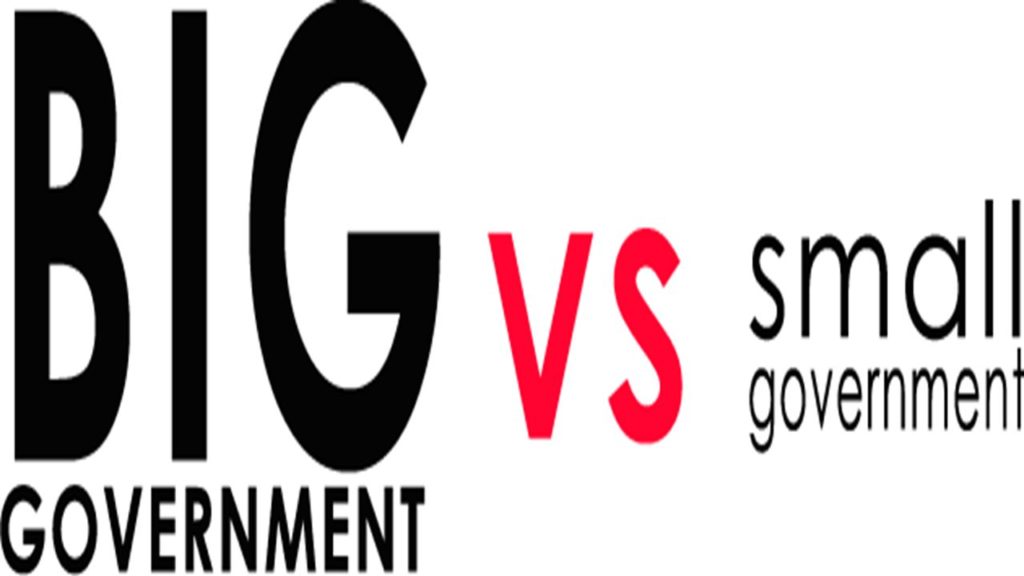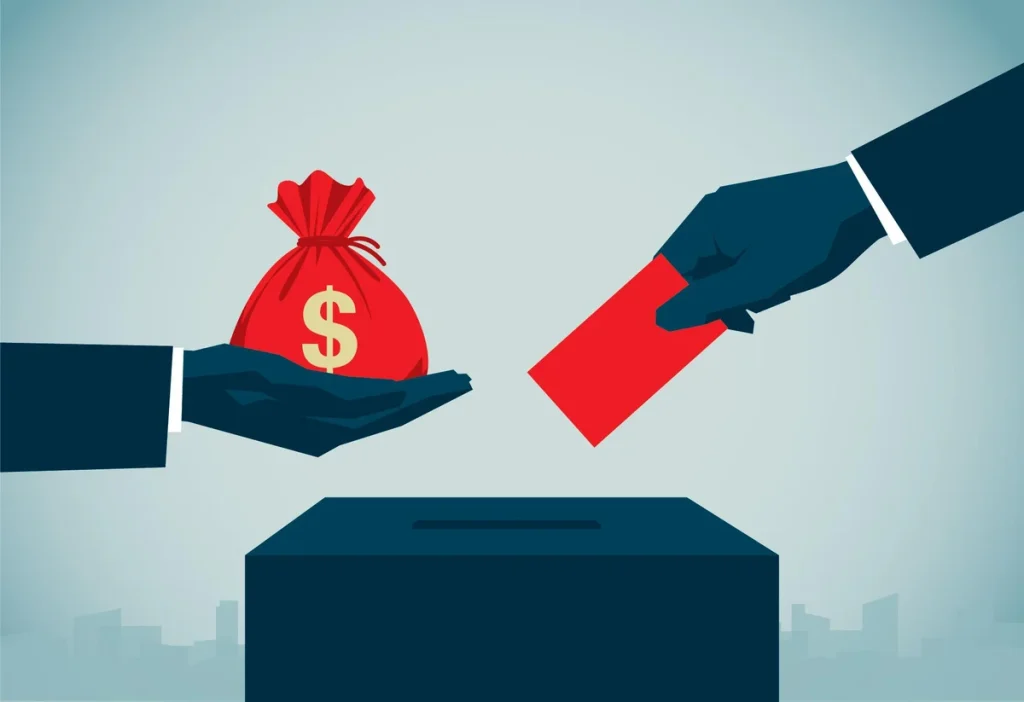Limited Government Vs. Expanding Government
Governments around the world have indeed taken on more and more functions over time. As a result, they now guarantee the operation of many services once provided by the private sector. They also collect massive amounts of taxes and often demonstrate inefficiencies in their operations. However, it is essential to remember that government expansion has not always been wrong. In many cases, government intervention has improved the lives of citizens and made societies better overall. For example, establishing public education systems and developing social safety nets have helped reduce poverty and improve economic opportunity. It is also important to note that the private sector is not always efficient or effective in providing certain services, such as infrastructure or defence. In the end, whether government expansion should be reversed is complex. There are pros and cons to both sides of the argument, and there is no easy answer. However, any decision on this matter must be made with care and thoughtfulness, as it could have significant implications for society. The role of the government in society There is no doubt that the government plays a vital role in society. It is responsible for providing essential services, protecting citizens from harm, and ensuring that the country functions smoothly. However, there is a debate over whether or not the government should continue to expand its role in society. Some believe that the government should be limited in scope, while others believe it should play a more active role. (Noryigitovich, 2022) Those who support a limited government argue that the government should only be responsible for those things that are necessary. They believe that the government should stay out of healthcare and education, which are better handled by private entities. They also believe that an expansive government creates more bureaucracy and red tape, stifling innovation and entrepreneurship. (Bedell, 2014) Those who support a more expansive government argue that the government plays an essential role in providing for the common good. They believe that the government should be involved in healthcare and education because these are essential to ensuring that all citizens have access to basic needs. They also believe that the government can play a positive role in promoting economic growth and opportunity for all. The debate over the role of the government is likely to continue for many years to come. There is no easy answer, and each side has valid arguments. Ultimately, it is up to society to decide how much involvement the government should have. (Lee et al., 2022) The benefits of a limited government The ever-expanding role of government is a cause for concern for many people. They see governments as collecting more taxes, becoming more bureaucratic, and taking on functions that are best left to the private sector. There is some merit to these concerns. There are advantages to having a limited government. A limited government has restricted powers compared to an unlimited or absolute government. This type of government is typically associated with constitutional democracies like the United States. (“What Is a Limited Government?”, 2022) Some of the benefits of a limited government include: – Protection of individual rights: A limited government is more likely to protect the individual rights of its citizens than an unlimited government. This is because a limited government has less power and thus is less able to infringe on the rights of individuals. – Checks and balances: A limited government is also more likely to have checks and balances in place, which help to prevent abuse of power. For example, in the US, the three branches of government (executive, legislative, and judicial) are designed to check and balance each other. – Greater accountability: A limited government is typically more accountable to its citizens than an unlimited government. This is because a limited government has less power and thus is less able to act without accountability. – More efficient: A limited government is typically more efficient than an unlimited government. This is because a limited government has fewer powers and thus can focus on a smaller number of tasks. Overall, there are many advantages to having a limited government. A limited government protects the individual rights of its citizens, has checks and balances in place to prevent abuse of power, is more accountable to its citizens, and is more efficient. Arguments for the continued expansion of government Arguments can also be made in favour of continued government expansion. First and foremost, government expansion can lead to greater efficiency and effectiveness in delivering public goods and services. This is because larger governments can pool resources and talents and better coordinate their activities. Additionally, government expansion can help reduce social inequalities by providing more resources to disadvantaged groups. Finally, government expansion can promote economic growth by providing additional opportunities for investment and employment. Of course, there are also arguments against government expansion. Some worry that larger governments will be less responsive to citizens’ needs and more prone to corruption. Others believe that government expansion will lead to higher taxes and an enormous bureaucracy, which can be burdensome for taxpayers and businesses. Ultimately, the decision of whether or not to expand government depends on the weighing of these pros and cons. Conclusion Conversation on the topic is a good thing. There is no easy answer regarding whether the government should continue to expand its role in society. Each side of the debate has valid arguments. Ultimately, it is up to society to push on how much involvement the government should have. However, a few general conclusions can be drawn about the role of government in society, which are arguably non-arguable. First, a limited government is more likely to protect the individual rights of its citizens than an unlimited government. This is because a limited government has less power and thus is less able to infringe on the rights of individuals. Then, a limited government is typically more efficient than an unlimited government. This is because a limited government has fewer powers and can focus on a smaller number of tasks.
Limited Government Vs. Expanding Government Read More »




